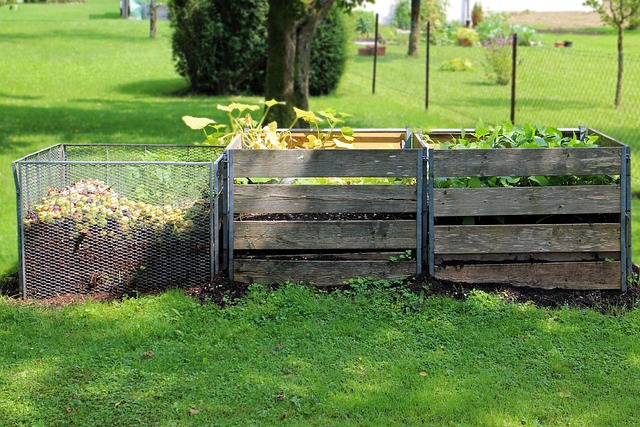Reversing Desertification: Harnessing Compost to Combat Climate Change
Desertification is not just an environmental crisis; it’s a stark reminder of the fragility of our ecosystems. As climate change continues to accelerate, vast stretches of land are transforming into arid deserts, stripping communities of their livelihoods and altering our planet’s delicate balance. Yet, amidst this daunting challenge lies a simple yet powerful solution: compost.
Compost is more than just organic matter; it’s a lifeline for the earth. By recycling kitchen scraps, yard waste, and other natural materials, we can create nutrient-rich compost that breathes life back into degraded soils. This process not only improves soil health but also enhances its water retention capacity, making landscapes more resilient to drought—a leading factor in desertification.
Environmentally Friendly Practices
Integrating compost into our agricultural practices is a sustainable way to combat desertification. Farmers who adopt composting practices can see significant improvements in soil structure, fertility, and microbial activity. These enhancements lead to higher crop yields and better resilience against the impacts of climate change. By establishing a healthy soil ecosystem, we can restore degraded lands and slow the spread of desertification.
Creating compost is an initiative that individuals and communities can participate in easily. Whether it’s through backyard compost bins or larger community composting programs, everyone can contribute to this vital cycle of renewal. Not only does this practice reduce waste in landfills, but it also serves as a crucial step towards fostering a sustainable environment.
Climate Change Mitigation
As we grapple with the effects of climate change, the role of compost becomes even more apparent. Organic matter in compost helps sequester carbon, which is essential for reducing greenhouse gases in our atmosphere. This means that by composting, we are not only enriching our soil and combating desertification but also actively participating in the fight against climate change.
Moreover, composting initiatives can foster community engagement and education about environmental stewardship. By bringing people together to learn about the importance of soil health and the impact of their actions on the environment, we can build a collective commitment to sustainable practices. When individuals and communities see the tangible benefits of their efforts, they are more likely to continue pursuing eco-friendly habits and advocating for policies that protect our planet.
In the face of climate change, we must shift our mindset and embrace solutions that revolve around the natural processes of regeneration. Compost represents hope—a way to bring life back to barren landscapes and combat the pervasive threat of desertification. It’s time to recognize the power of compost as more than a gardening tool; it’s a cornerstone in the fight for a healthier, more resilient planet.



